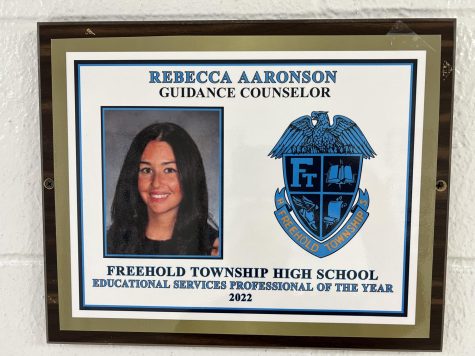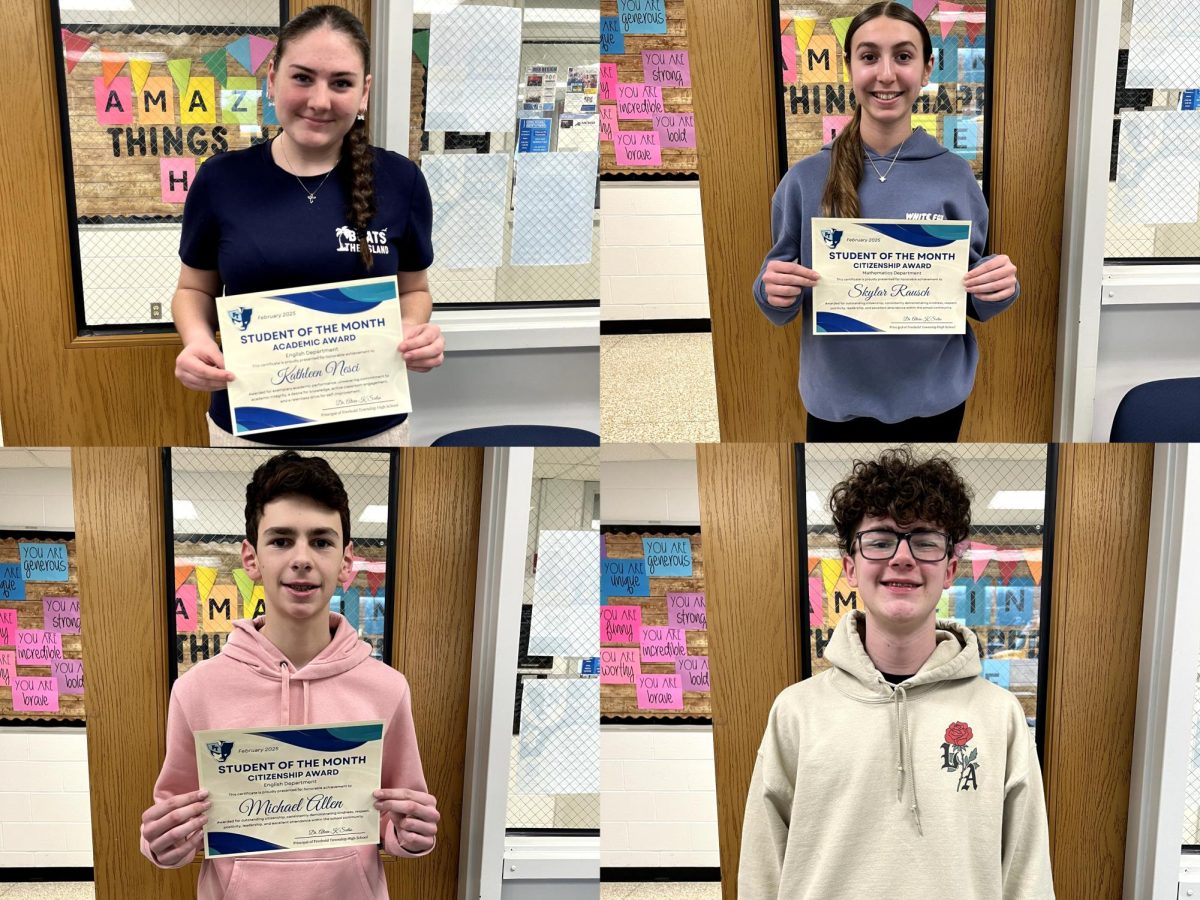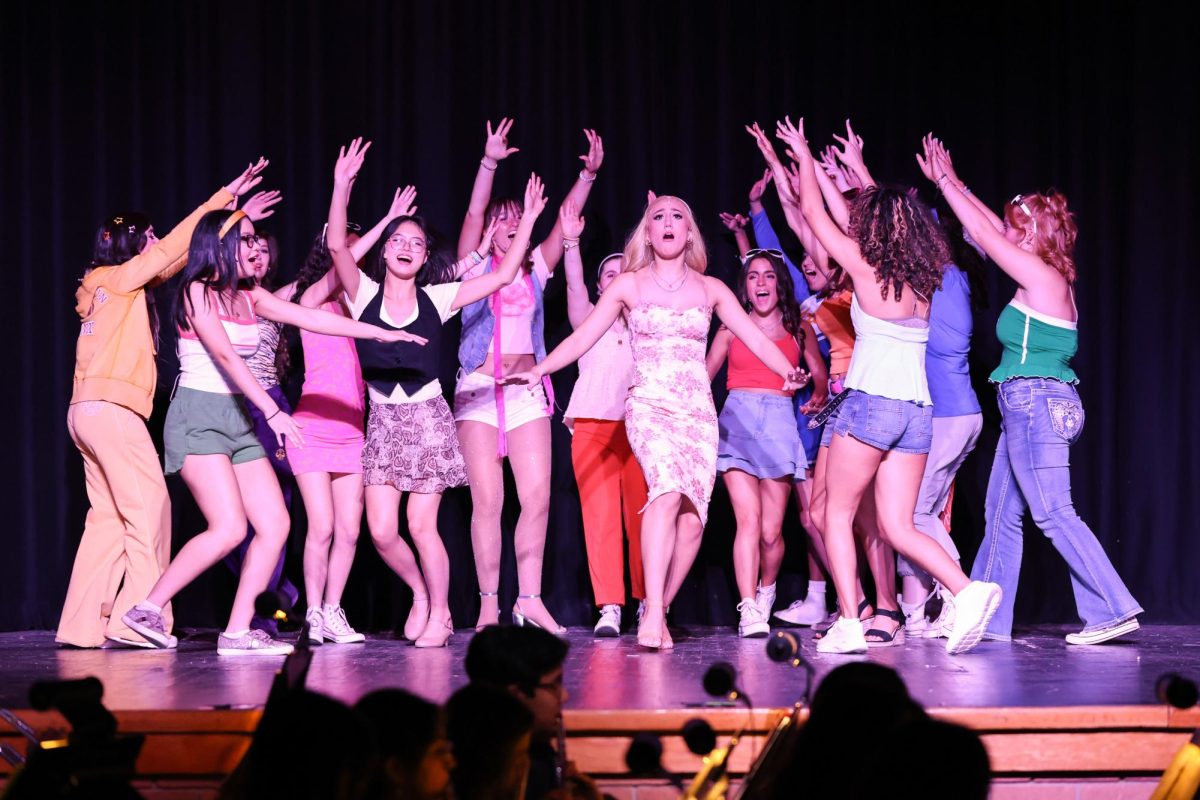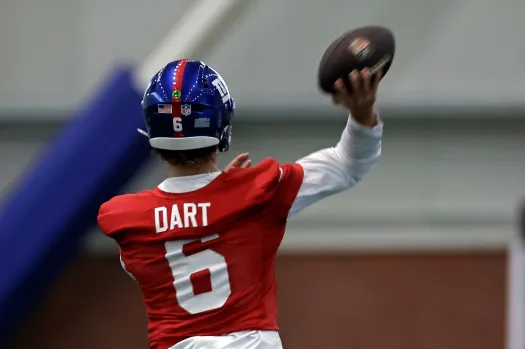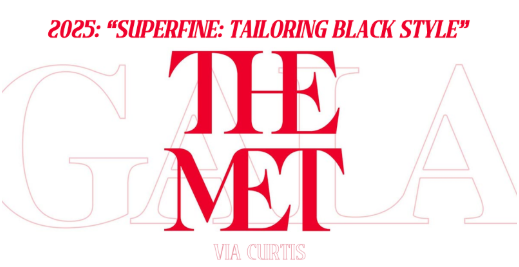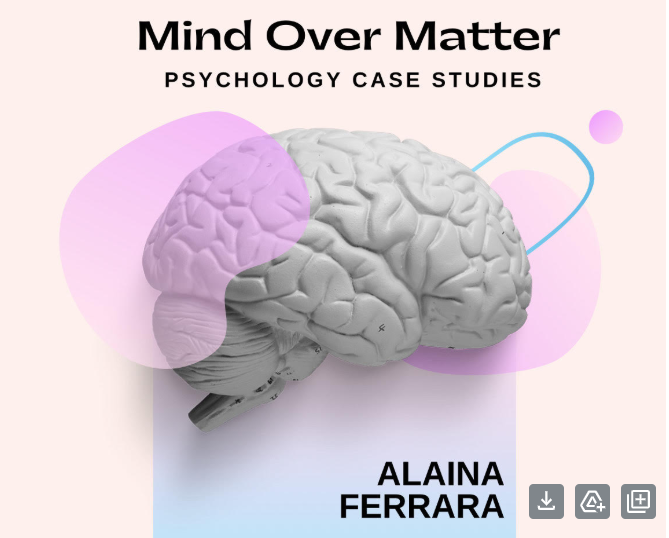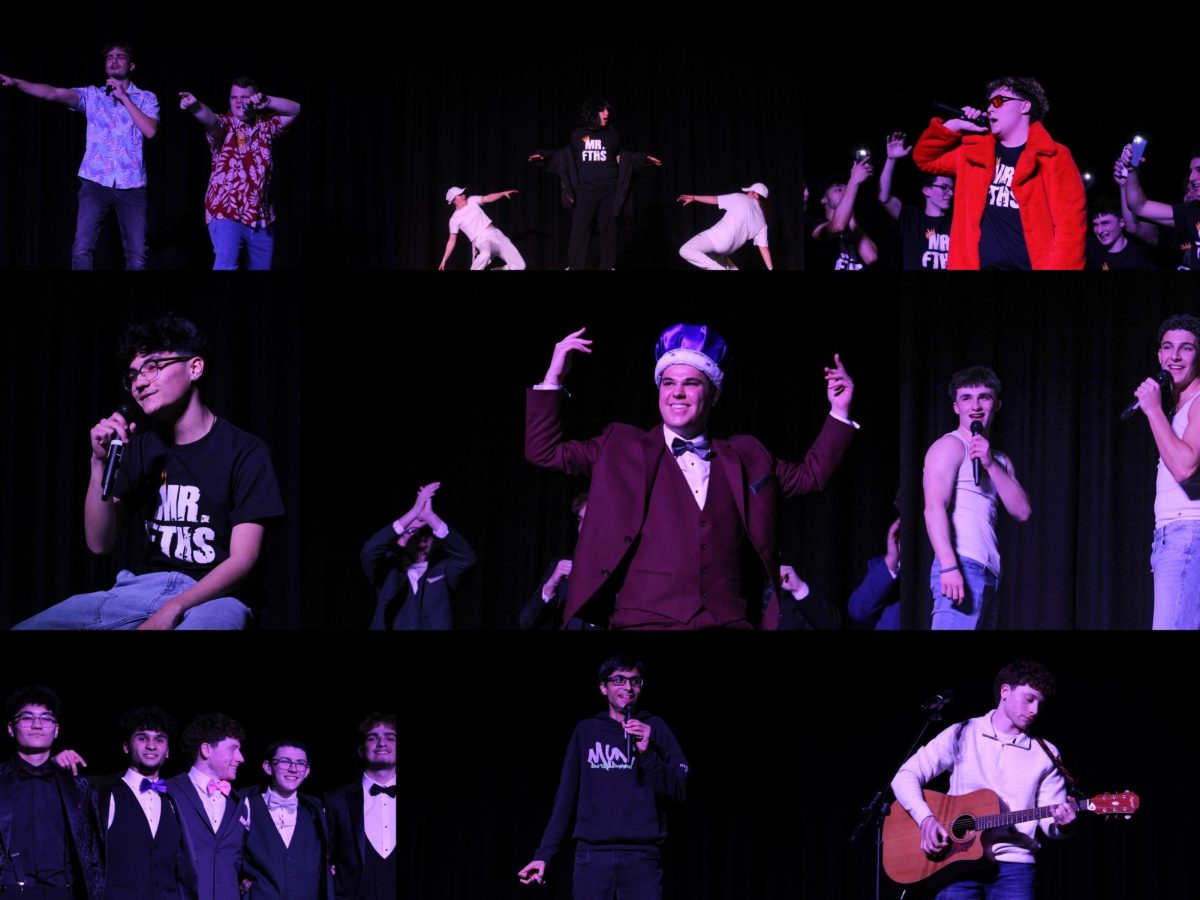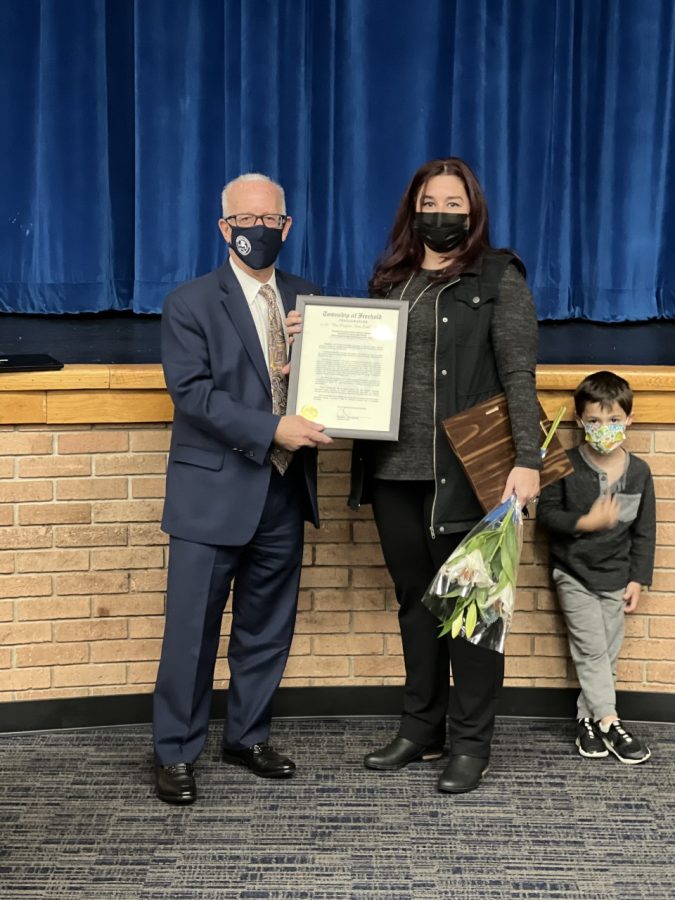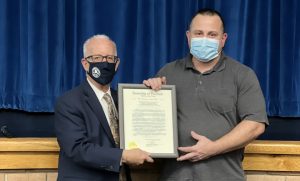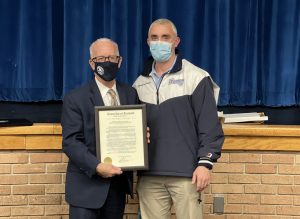Mrs. Aaronson Wins Educational Services Professional of the Year
January 11, 2022
Following Mrs. Aaronson, guidance counselor, winning the Educational Services Professional of the Year Award, the Patriot Press got a chance to sit down with her and ask her some questions.
Starting with the most obvious question, how did you feel learning that you won the Educational Services Professional of the Year Award?
– It’s very surreal, because, you know I’ve been here for fourteen years and it’s not something you’re like, “Oh! I want accolades and acknowledgements”, necessarily. But when your name is called, you end up frozen. You’re in shock. The culmination of working hard all of those years makes me feel like my work is being seen. I was sweating profusely *laughs* I’m going to be honest, but it’s truly an honor. It sounds like I’m giving an Oscars speech, but it really is an honor that people acknowledge you and the hard work you’ve been doing. So I was in shock because this isn’t the thing you really anticipate when going into a faculty meeting. You never think that it’s going to be you, but the fact that everyone puts in so much work into their profession makes everyone deserving an award. The experience is really humbling too.
I totally get that. So you said you’ve been at FTHS for fourteen years – what led you to be a guidance counselor and to work here at Township?
– This is a long story, so buckle up. It is really my experiences in life that shaped me to be the person and guidance counselor I am today. I made a lot of mistakes in my life and I thought I always knew what I wanted to do, and I know a lot of high school students have that mindset of having their whole life planned out. But almost always, it never pans out that way. Right? So when I was in fifth grade, I always wanted to be a Marine Biologist and I was set on that. By senior year in high school, I only applied to marine biology programs for college. I wound up in Florida for my freshman year of college, but everyone I met would tell me “I don’t see you in a lab setting. You’re very social and I see you interacting and helping people more.” So, the first semester was a wash. Taking classes like calculus and organic chemistry made me realize that this is not my direction. It wasn’t for me, so in the second semester, I took psychology, sociology, even a Shakespeare class. After being in those environments, it made me realize that this was the side of my brain that I use and the direction in life I needed to go in. I ended up transferring to the Northeast without visiting the college, since there was no use for me staying in Florida, but I hated the campus as a result. It was a suitcase school where everyone went home on the weekends, so I was left very depressed. I also started having severe anxiety. So I went to the campus counseling center to speak to someone, and I learned that there were actual people there to talk to, help you, support you, and guide you. The semester after that, my spring semester, I actually went to Brookdale. I know everyone speaks lowly of community college because of the stigma around it, but I enjoyed it. I got my feet wet with certain classes to see if I wanted to be a teacher in a school environment, so I did teacher assisting, then I took more sociology and psychology courses, and then I realized the direction I wanted to end up going in. I didn’t want to become a teacher necessarily because you would have a class of thirty and I didn’t know what I wanted to specialize in, but I did know that I wanted to work one-on-one with kids. So, I ended up in Rutgers, the last place on earth my senior self would ever think I would end up, and I declared my major in psychology. The thinking then was that I would become a psychologist. I took a year off post-school, because what do you do now? Do you apply to masters and doctorate programs for psychology? I ended up getting into the masters counseling psychology program at Rutgers, and I was there for two years. After masters, I tried getting a job, but you really can’t get a job with a masters degree. One of my friends offered the idea of becoming a guidance counselor and getting my guidance counselor license. I thought “Okay, maybe that’ll work”. So I was actually in my program for four years, doing my internship at Colts Neck High School. With everything in my life leading to that point, I was sure this is what I was meant to do. Not only did I have the education in for mental health, but I also had the college experience in what not to do *laughs*, but I wanted to work with this age group. I knew that had I had someone in high school there to support me, it would’ve helped my time there. High school can be the toughest part of one’s life, I’m not gonna lie, it’s the hardest hardest time. But if I had someone to support me, like a guidance counselor, things would’ve been a lot different. So, I came to Township wanting to change the culture and reputation of a guidance counselor, and that’s what I continuously aspire to do during my time here. Sorry, this was a lot to take in-
You’re all good!
– Haha yes, but I truly believe that everything in life happens for a reason, and I wouldn’t change a thing. I’m so happy with what I do and that I’m able to help students. My background makes me more empathetic, which helps with my job in helping others.
Definitely! Guidance counselors are important, especially in these more transitional times in life like high school. So, you said you had a deeper connection in wanting to reform the idea of a guidance counselor from the kind that neglected you and other students in high school. As a guidance counselor who has become a person that your students can approach and confide in, what is one of the more rewarding parts of the job?
– I think every single student, in which I have 300 in my case, carries baggage. Every student has a story to tell. And I think the most rewarding thing is when a student who was really closed off and wouldn’t tell me anything in the beginning begins to open up, allowing us to have a rapport and relationship. It’s the relationships that I have with my students that makes the job so rewarding. Just yesterday, I had a student in which every time I see her, she brushes it off with a “Yeah! Everything’s fine!”. Yesterday, she opened up. And that to me is a breakthrough, where we can finally work on any problems she has.
This work that you’re doing is important to help kids going through their time in school. Obviously, the pandemic has impacted everyone’s mental health, the culture at school, and so much more. How do you think your job changed as a result of COVID?
– I think a lot of it is retraining you guys to actually be back in a social environment. For so long, you were isolated, but there were so many distractions. You were home, so you could come and go as you please, so it was like starting from where you were two years ago and relearn how to be in and succeed in an academic setting. That has been the hardest for us. No one is used to being
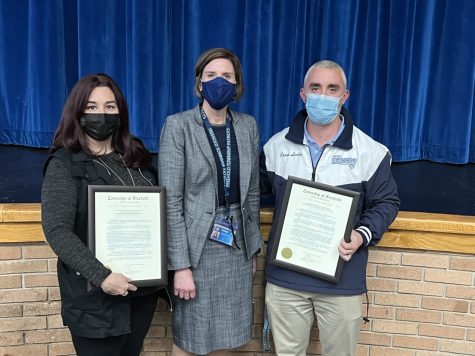
in this structured environment for so long. As a result, we’ve seen a rise in impulsivity, where kids don’t think before reacting, and anxiety is at an all time-high since the building is an anxiety-inducing environment compared to doing classes in your room. When I had anxiety, the first place that I would want to go to is in my room. Now that we’re back in world and back in the building, where do you go when your anxiety spikes? I want kids to know there is a safe space if they’re feeling this way, but it’s also retraining kids to be able to be in an academic setting.
I’ve seen both, and connecting that to a point you brought up earlier, there’s a stigma surrounding guidance counselors from a student’s perspective. With kids who might have anxiety, become more impulsive, and more, how have you made yourself more approachable to make sure they have the resources that they need?
– When I meet my kids freshman year, I always tell them that my worst fear is that they’re afraid to come to school, come to me, and utilize the resources that we have. By relating to them and proving that we aren’t as scary, I always tell them that my door is always open. Your generation opts into emails, sending a quick message to see if they can see me, so instead of going through the daunting process of physically seeing if I’m available, opening communication via email to express their need to see me helps. I’m often coming up with ways to communicate with students that makes guidance both less scary and more accessible of a resource to use. Not to toot my own horn, but I don’t feel like my students ever feel scared to come down and chat, but maybe it’s the approach I have or how people speak to me. I respect every kid I have and don’t talk down to them. I’ve always said that my students are my children, and I’ll take care of you the best that I can. The biggest thing, all things considered, is having empathy. You can read a person and tell if they’re being legit, so you can’t tell the same speech to every student and truly feel like you understand them. There truly has to be genuine care for that student to ensure they’ll come back to talk to you. That trust has to be there, being upfront about their options. If I do a parent phone call, for example, I’ll do it with them in the room with me because they deserve to know what I’m telling others about their situation. Empathy, trust, and patience, my friend. You can’t be fake. You have to be honest and truthful with the student to be able to be a guidance counselor in the first place.
Thinking back to fourteen years ago when you first got to FTHS, having experiences in this building since then, what unexpected challenges came with the job?
– I would say one, gaining the respect of faculty and the teachers. There’s this misconception that guidance didn’t do anything. It sounds horrible, but it’s the fake idea of us sitting in our office all day. That’s the one thing I wanted to change — how the staff would work together rather than being different coexisting entities. The way I talk to teachers, and students too, is to have it be a collaborative environment. It’s not one going after the other. It should be us working together towards one common goal, but forming that relationship with teachers is a hurdle I had to jump from the get-go. When I did my masters, I did it at a time where guidance counselors started to have a stronger focus on the mental well-being of students, so my major didn’t require you to have a teaching background to go through the program. Without a teaching background, teachers are bound to not feel a connection with you or a sense of trust since you don’t come from the same background, so that added to the initial rift. My mom was a teacher, though, so I can still empathize with them. There are also parts of my job that I don’t necessarily enjoy, to be honest, like testing. Between APs, NJSLAs, SATs, ACTs, AccuPlacer, and more, lots of our time is dedicated to testing when it could be spent putting effort into social and emotional learning. That’s definitely an adjustment when you first come in.
Continuing with this idea of reflection, what advice would you give yourself about the job?
– When I first got here, I thought I could make ever decision on my own. I forget which exact supervisor it was that I had, but they said that it’s okay to ask questions. After that, it opened up a whole new world for me because I initially felt I had to be able to be confident in every decision on my own, but I had to learn to ask questions and not know certain things.
Reaching out to people can be a difficult thing, and I can totally relate. The community at FTHS is a special one-
– Yes, totally.
Yeah, and something that is really valuable as a staff member to ask questions to or generally just be around. What about Freehold keeps you at this school after so long?
– I actually am a former graduate of Manalapan High School, so I went through the Manalapan education system, and one thing I noticed at Township as opposed to Manalapan is that you guys come from all different middle schools. I thought that was fantastic. You guys come with a clean slate, being able to meet people from all walks of life with different stories with no previous bias. It’s the diverse nature of the school that makes it one-of-a-kind. We’re all so different yet we work together, and I think that’s incredible. Especially in guidance, we all work together. There was a period of time where we didn’t have a supervisor for months, yet we all collaborated to stick it through. We also love what we do, evident through the teachers, staff, and everyone. I always say that we have the best school in the district. That can also come from the fact that I’ve attended one of them and did my internship in another, but it’s eclectic nature keeps me at FTHS.
You’ve clearly expressed your love for our school, so can you retell a favorite memory here, guidance or non-guidance related?
– Oh gosh, it must’ve been around eleven years ago, but I had one particular student who became very ill, even close to dying. I worked closely with the student and she had been out for months at a time. She physically tried her hardest to come to graduation, as her main goal. It had been almost a year since she last saw her graduating class in-person, and she came to graduation in a wheelchair. At the time, my name was Ms. Littman, and she told me “Ms. Littman, I’m going to try my hardest to stand up and get my diploma.” I pride myself in that I sit next to my part of the alphabet and shake their hands when they get called up, but when she got called to the stage, she stood up. Her whole graduating class stood and clapped for her. She walked to get her diploma, and the whole class knew how fantastic that was, given the fact that they haven’t seen her in months. It just shows the compassion and resilience of both her and the kids that go through these halls. She ended up thanking me profusely, which confused me when she did so much, but it goes to show how much you guys don’t see but we do. When a student is out for that long, we’re there supporting them, even if they’re not in school physically. That was just an incredible experience and image that I’ll never forget.
Wow. You were able to get her through that time, and the pay-off for your support was unforgettable. You’re putting in hours outside of the school day to make sure people have equitable opportunities to succeed, and you get to watch that progression throughout high school.
– Yes yes! What I love is that we have you guys for all four years, so I truly get to see how far kids go from freshman year to graduation day. It’s incredible. I keep on using that word, but since I get to know each and every one of them, it never ceases to amaze me how far everyone is able to grow as people in the time that I know them.